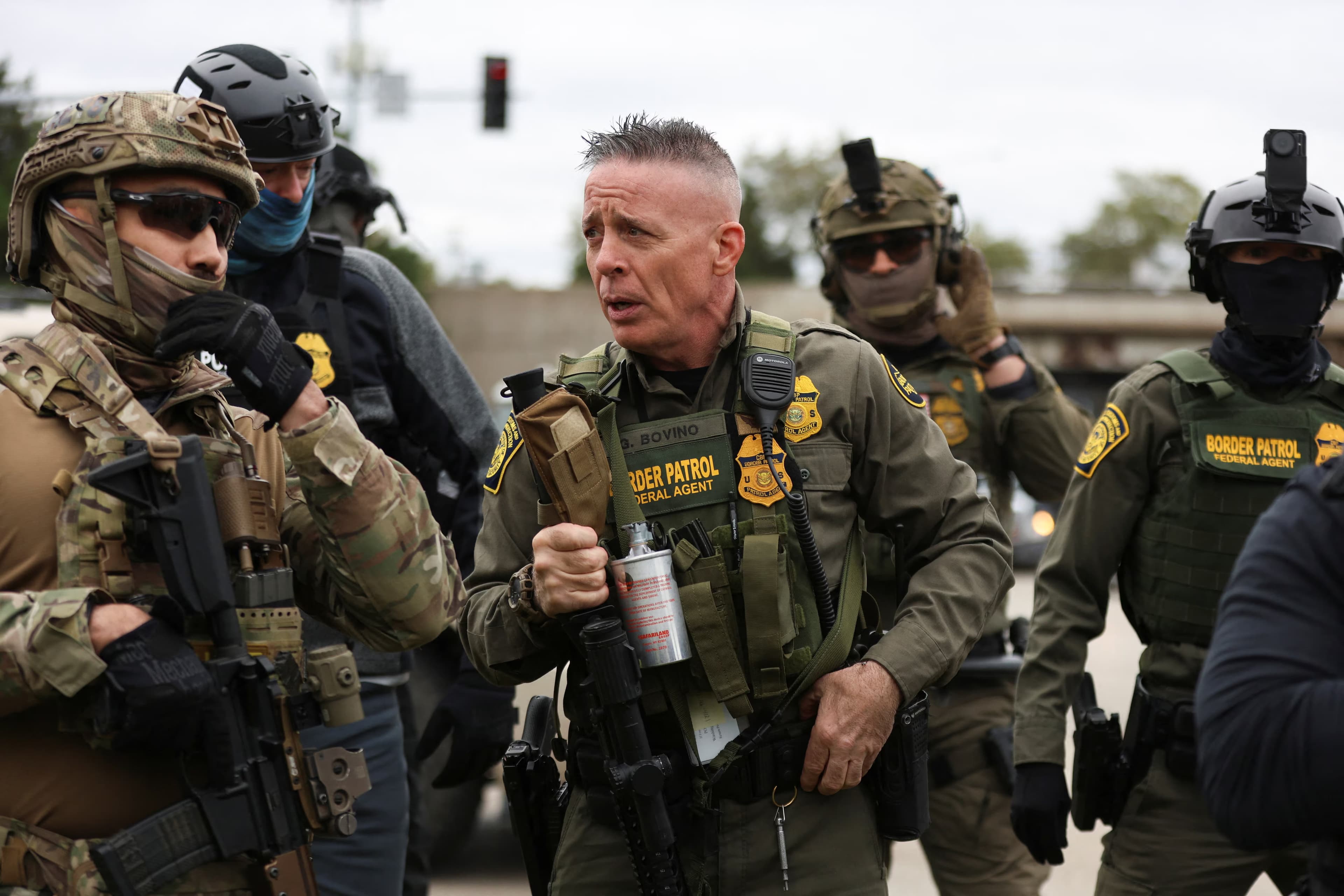We're loading the full news article for you. This includes the article content, images, author information, and related articles.
An extraordinary judicial intervention in the US over the use of force by immigration agents offers critical lessons on law enforcement accountability and carries potential implications for the Kenyan diaspora.

WASHINGTON D.C. – In a rare and forceful assertion of judicial authority, a US federal judge on Tuesday ordered a senior Border Patrol official to appear in her courtroom every weekday to report on his agency's conduct during a sweeping immigration crackdown in Chicago. The order, issued on Tuesday, 28 October 2025, East Africa Time, by U.S. District Judge Sara Ellis, mandates that Commander Gregory Bovino personally provide daily updates on the controversial "Operation Midway Blitz."
The unusual measure was prompted by repeated accusations that federal agents under Bovino's command have used excessive force and violated prior court orders designed to protect civilians and journalists. The tipping point appeared to be an incident over the weekend where agents deployed chemical irritants near a children's Halloween parade.
“Kids dressed in Halloween costumes walking to a parade do not pose an immediate threat to the safety of a law enforcement officer,” Judge Ellis stated directly to Bovino in court. “They just don’t. And you can’t use riot control weapons against them.”
"Operation Midway Blitz" was launched by the Trump administration in September 2025, targeting what the Department of Homeland Security (DHS) described as "criminal illegal aliens" in Chicago and the wider state of Illinois. The operation has resulted in thousands of arrests, with DHS figures citing over 1,800 arrests by late October. However, the tactics employed by federal agents have drawn severe criticism and legal challenges.
A coalition of media organizations, clergy members, and protestors filed a lawsuit on 6 October 2025, alleging a campaign of "extreme brutality" by federal agents intended to suppress free speech and peaceful assembly. In response, Judge Ellis issued a temporary restraining order on 9 October 2025, restricting the use of force, including tear gas and pepper balls, on peaceful protesters. Following allegations that agents continued to violate this order, she later mandated that they wear body cameras.
During Tuesday's hearing, Judge Ellis ordered Bovino himself to acquire a body camera and complete training on its use by Friday, underscoring her concern that her orders were not being followed. She also required him to produce all use-of-force reports filed by his agents since the operation began.
While the events are unfolding thousands of kilometres away, they touch on themes of profound relevance to Kenya. The direct confrontation between the judiciary and the executive's law enforcement arm serves as a powerful international case study on the importance of judicial oversight in holding security forces accountable—a topic of frequent and intense debate within Kenya.
Furthermore, the aggressive, wide-net nature of "Operation Midway Blitz" raises concerns for immigrant communities across the United States, including the Kenyan diaspora. According to community estimates from 2001, Illinois is home to around 5,000 Kenyans, with the majority residing in the Chicago metropolitan area. More recent data from 2025 indicates at least 517 Kenyan immigrants live within Chicago city limits. Although no Kenyan nationals have been specifically identified in reports from the operation, broad immigration sweeps often create a climate of fear and uncertainty for both documented and undocumented residents. The Trump administration's nationwide policies have heightened anxiety among Kenyans in the US, with reports of increased deportations and stricter enforcement creating a precarious environment.
The legal battle in Chicago highlights the constitutional guardrails designed to protect civil liberties from executive overreach. Judge Ellis reminded Bovino that both of them took an oath to uphold the Constitution, stating, “My role is simply to see that in the enforcement of those laws, the agents are acting in a manner that is consistent with the Constitution.”
The daily court appearances are scheduled to continue until a 5 November 2025, hearing, when the judge will consider extending the restraining order. The outcome of this legal standoff is being closely watched as a test of the judiciary's power to rein in federal law enforcement agencies.
Keep the conversation in one place—threads here stay linked to the story and in the forums.
Sign in to start a discussion
Start a conversation about this story and keep it linked here.
Other hot threads
E-sports and Gaming Community in Kenya
Active 9 months ago
The Role of Technology in Modern Agriculture (AgriTech)
Active 9 months ago
Popular Recreational Activities Across Counties
Active 9 months ago
Investing in Youth Sports Development Programs
Active 9 months ago